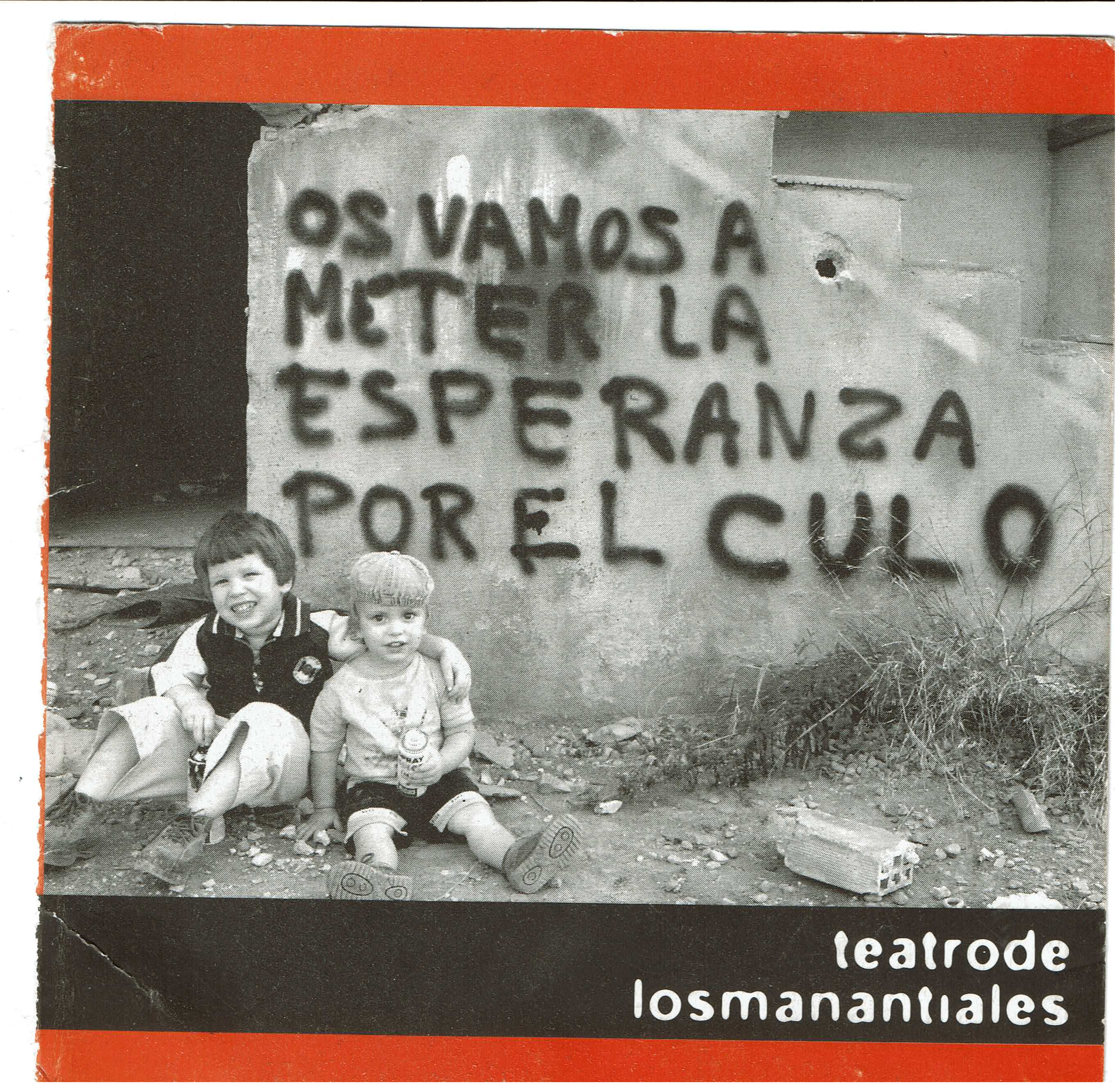I’m running EndeavourOS and Windows 11. Each OS is on a separate disk, but I have a data disk that is currently NTFS that mount in both OSes. NTFS causes problems for some things in Linux, and I’m worried it’ll bork the drive for windows eventually, so I’m keen to find an alternative. I’ve read about the WinBTRFS driver so wondering if that is a better way to go?
I don’t want to run a server with a share to access this data because it is way to slow for my needs.
NTFS is considered pretty stable on Linux now. It should be safe to use indefinitely.
If you’re worried about the lack of Unix-style permissions and attributes in NTFS, then getting BTRFS or ext4 on Windows may be a good choice. Note that BTRFS is much more complicated than ext4, so ext4 may have better compatibility and lower risk of corruption. I used ext3 on Windows in 2007 and it was very reliable; ext4 today is very similar to ext3 from those days.
The absolute best compatibility would come from using a filesystem natively supported by both operating systems, developed without reverse engineering. That leaves only vfat (aka FAT32) and exfat. Both lack Unix-style permissions and attributes.
If you’re worried about the lack of Unix-style permissions and attributes in NTFS
I’m pretty sure Linux still uses Unix-style permissions in NTFS, which causes issues when Windows tries to use its own permission system on the same partition.
sounds like my worries about NTFS reliability in Linux are more about historic reputation so I can probably relax on that front. The other issue with NTFS is performance in Linux is not great. FAT32 and exFat don’t like some filename characters from linux from what I read.
WinBTRFS is tempting. I have frequent backups so I might just give it a try and see what happens.
Fuse driver of ntfs-3g yes it’s slow but if configurate to use ntfs3 it’s same fast as in windows
Didn’t know about ntfs3 so did some reading about it. There are some reports of corruptions, they were all fixed by letting windows do a chkdsk, and making sure the windows_names parameter when mounting the disk helped prevent problems.
I’m going to live with ntfs3 for a while as see what happens.
BTRFS works for me.
I tried NTFS, but Steam games won’t run from NTFS partitions under Linux.
What’s your Win 11 use case? If you don’t need native performance I’d recommend Linux and BTRFS for everything and run Win11 off a VM. Dual booting is fine but I’ve personally struggled with allotting the appropriate space for each partition.
I have separate disks so I’m good on the front. The main reasoning is to make Linux my daily as it covers most stuff including my main games. The reason for windows is some video editing in davinci, music stuff which means VSTs, and some games that have anti-cheat. That windows stuff is really only about 15% of my time. I have a windows VM for office when I occasionally must have office, rather than an alternative.
Please use different disks for each OS, you’ll save a lot of time and trouble later. It can be done, sure, but you’re setting yourself for a world of trouble in the future.
Just a recent issue
OP is installing the OSes on separate disks. The common disk is for user data, not for the OS.
I’ve been using WinBTRFS for quite some time without issues. It seems a lot of people recommend NTFS. But be aware, if you plan on using it for things like games, NTFS will absolutely break at some point. It is not compatible with Proton and will break things like updates for Steam. It always has for me up until very recently. Valve also says the same about using NTFS for games. I’m not sure this can be fixed with the NTFS driver unless they do workarounds like renaming things automatically because some things Proton does are not compatible with the filesystem spec.
Indeed. Steam on Linux does cause issues with filenames. I keep games I run on Linux on an ext4 drive. There isn’t any other choice unfortunately.
Well, with NTFS, there isn’t. That’s why I said, BTRFS is definitely the better choice for games. Never had issues with two shared drives in over two years now with WinBTRFS.
deleted by creator





